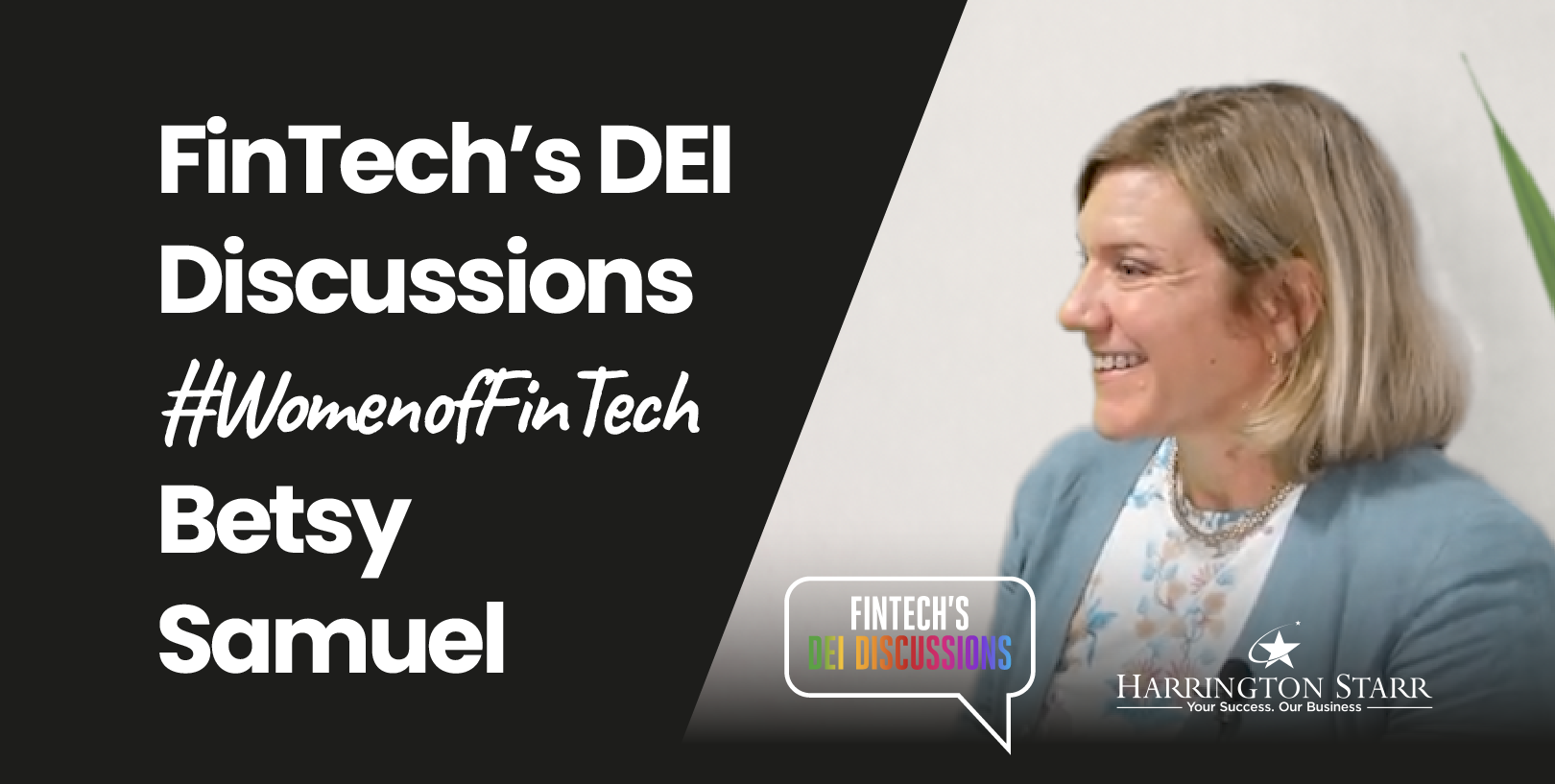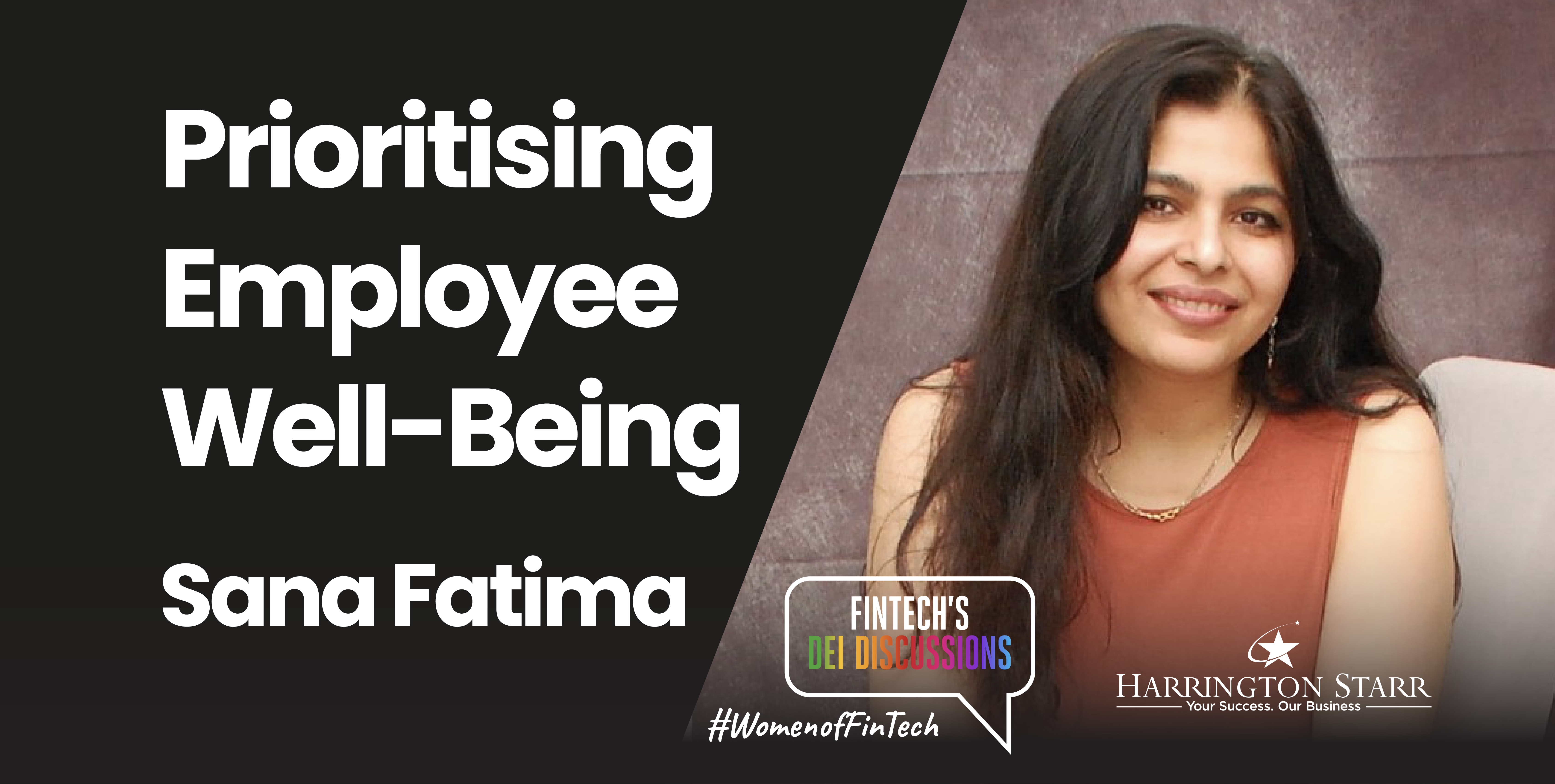
AI is an iterative process. As we improve our testing and enhance ethical usage, we contribute to the betterment of AI and, in turn, make the world a better place. FinTech's DEI Discussions is delighted to bring the Artificial Discrimination series: Can AI be trusted with Inclusion? In this episode, host Nadia engages in a thought-provoking conversation with Shivina Kumar, Director of Brand and Communications at CompStak. The pair explore the complex relationship between artificial intelligence and the imperative of inclusion in the financial technology industry. Join Nadia and Shivina as they delve into topics like AI biases, gender representation in professional events, the importance of diverse data and the responsibility we all share in shaping an inclusive AI-driven future. Stream the full episode to discover insights and perspectives that challenge conventional thinking and inspire change.




